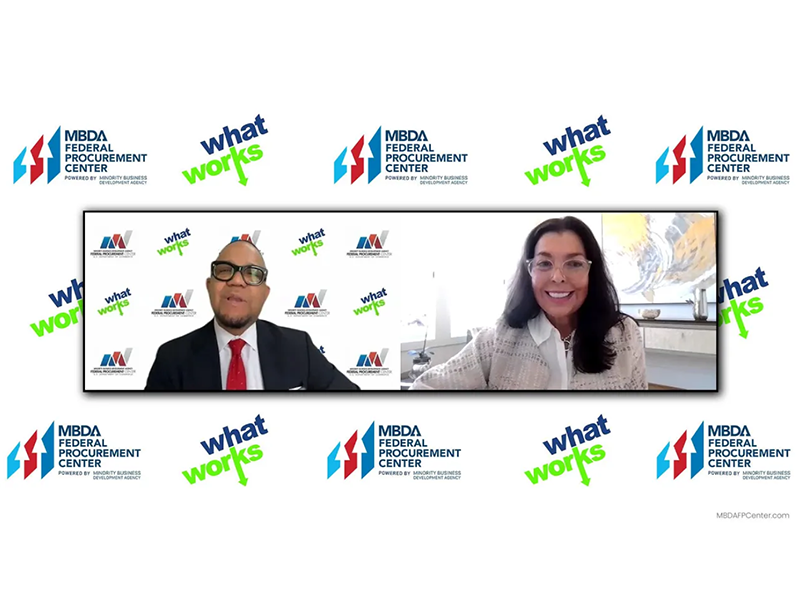What Works for Small, Emerging, and Minority-Owned Businesses to Do Business in and with Africa
Introduction
Expanding into Africa presents a unique and lucrative opportunity for Small, Emerging, and Minority-Owned Businesses (SEMOBs) based in the United States. The continent's vast resources, growing consumer market, and improvements in political stability and business environments make it an attractive frontier for innovative entrepreneurs. This article outlines effective strategies for SEMOBs to successfully enter and thrive in the African market.
Understanding the African Market
Market Research
Before entering any new market, thorough research is essential. SEMOBs should focus on understanding the economic, cultural, and political landscape of specific African countries. Africa is not a monolithic entity; its markets vary greatly across its 54 countries. Key factors to consider include language barriers, cultural nuances, consumer behavior, local laws, and regulatory requirements.
Local Partnerships
Forging local partnerships can significantly ease the process of entering African markets. Local partners have a better grasp of the regulatory environment and cultural nuances. They can provide valuable insights and facilitate smoother business operations, from distribution channels to navigating local bureaucracies.
Leveraging Government and Federal Support
U.S. Government Programs
The U.S. Government and Federal agencies offer various programs that assist SEMOBs in expanding overseas. Programs such as the African Growth and Opportunity Act (AGOA) provide duty-free access to the U.S. market for certain goods produced in eligible Sub-Saharan African countries, fostering trade ties. Utilizing these programs can provide a competitive edge and minimize entry barriers.
MBDA Federal Procurement Center Resources
The MBDA Federal Procurement Center offers specialized support to SEMOBs looking to expand into Africa. This includes access to market research, trade mission coordination, and links to Federal resources that reduce the complexity and risk associated with international business.
Financial Strategies for Market Entry
Access to Finance
Securing adequate funding is critical. SEMOBs should explore both traditional and non-traditional financing options. This includes loans, grants, and venture capital. Additionally, Federal support programs can offer financial assistance or guarantees to help manage the risks associated with international business.
Currency Risk Management
Engaging in international trade introduces currency exchange risk. SEMOBs must develop strategies to manage this risk, such as setting up foreign currency accounts or using forward contracts and options to hedge against currency fluctuations.
Legal and Regulatory Compliance
Understanding Local Laws
Each African country has its own set of laws and regulations. Compliance is crucial to avoid legal issues that could impede business operations. SEMOBs must invest in legal advice to navigate the complexities of local laws, including business registration, tax obligations, and employment laws.
Intellectual Property Protection
Protecting intellectual property (IP) is vital in foreign markets. SEMOBs should ensure their IP rights are secured in their target markets in Africa. This involves registering patents, trademarks, and copyrights as applicable, under local laws.
Marketing and Sales Strategies
Digital Presence
Establishing a robust online presence can significantly boost visibility in African markets. This includes a user-friendly website, active social media accounts, and digital marketing strategies tailored to the local audience. E-commerce is rapidly growing in Africa, and a strong digital strategy can tap into this expanding market.
Cultural Adaptation
Marketing materials and sales strategies must be adapted to reflect local cultures and languages. This might involve translating materials into local languages or adjusting marketing campaigns to align with local customs and consumer preferences.
Conclusion
Entering and doing business in Africa offers promising opportunities for SEMOBs ready to explore new markets and expand their reach. By conducting thorough market research, leveraging Government and Federal support, managing financial risks, ensuring compliance with local laws, and adapting marketing strategies, SEMOBs can successfully establish and grow their presence in Africa.
Discover more about tapping into the African markets by joining us at the Innovation in Agriculture and Energy Opportunity Zone Summit 2024 Africa, October 17-21 in Cape Town, South Africa. Learn from industry leaders, connect with potential partners, and explore investment opportunities. For more information and to register, visit IAEOZ Summit 2024. Embark on your journey to success in Africa today!








